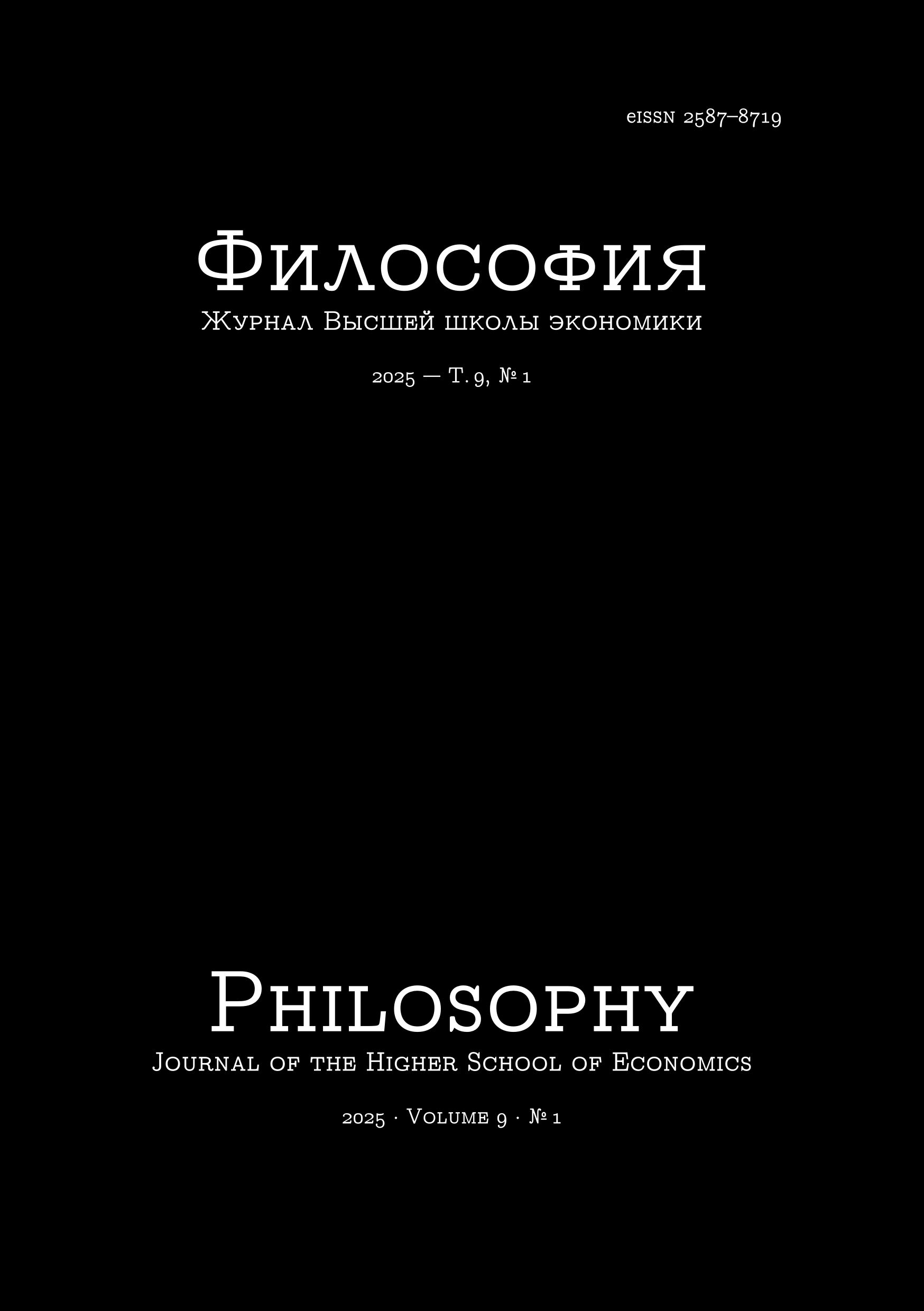The Theory and Practice of Argumentation
We Got to the Wrong Place
Abstract
The article deals with the difficulties faced by educators, who teach “Theory and Practice of Argumentation” discipline in Russian universities today. The author argues that almost all modern mainstream argumentation theories fail to satisfy the practically oriented demand of their users, which is to identify and analyze arguments “in the wild”. It is proposed to fix this situation with the help of revisionism, which in this case is considered a research activity aimed at revising the basic concepts of classical rhetoric and logic in order to discover their analytical potential, as expected, is not at all outdated nowadays and is suitable for solving the problems of identifying and analyzing arguments to a much greater extent than the means that modern argumentation theory offers for this purpose. Using the claim “rhetorical figure is an argument” as a clue, the article explores the foundations of the revisionist enterprise, suggests directions for future work, and shows how moving along these lines will give our students the opportunity not to play the game of argumentation but, once they leave universities, to participate freely and genuinely in it. The article consists of nine paragraphs. The first paragraph shows what happens if we ignore rhetoric in argumentation identification and analysis; the second paragraph shows what happens if we ignore rhetoric in activity of creating texts and making speeches; the third paragraph gives a first review of the most obvious literature on the subject, while the fourth argues for the argumentation theory redemption from its four sins: dogmatism, unhistoricity, formalism, and reductionism; the fifth paragraph offers a second review of the literature not so obvious; the sixth paragraph explains why at least some rhetorical figures are now conceived as arguments; the seventh paragraph summarizes the thesis of the previous paragraph on the basis of “Rhetoric for Herennius”; the eighth assesses the role that schemes play today in the argumentation course, and the ninth summarizes what has been said, and describes how to follow these research routes of rhetorical revisionism.
Downloads
Copyright (c) 2025 Philosophy Journal of the Higher School of Economics

This work is licensed under a Creative Commons Attribution-NonCommercial 4.0 International License.






